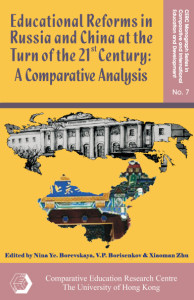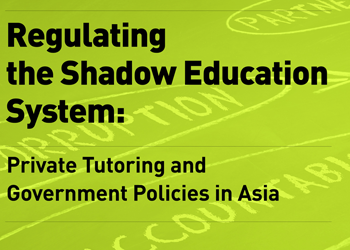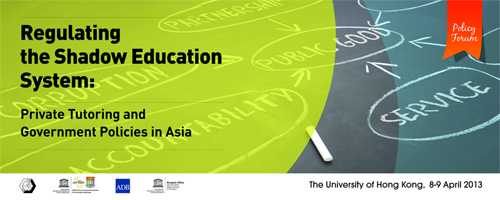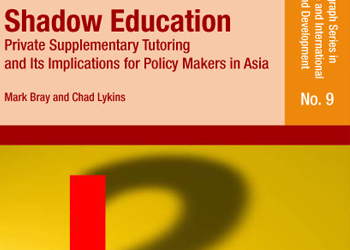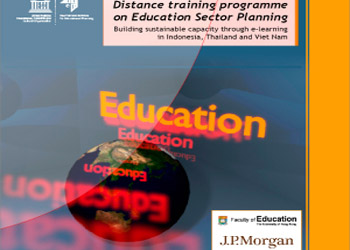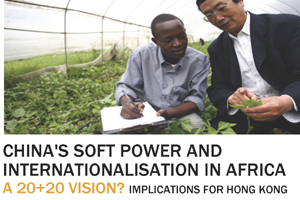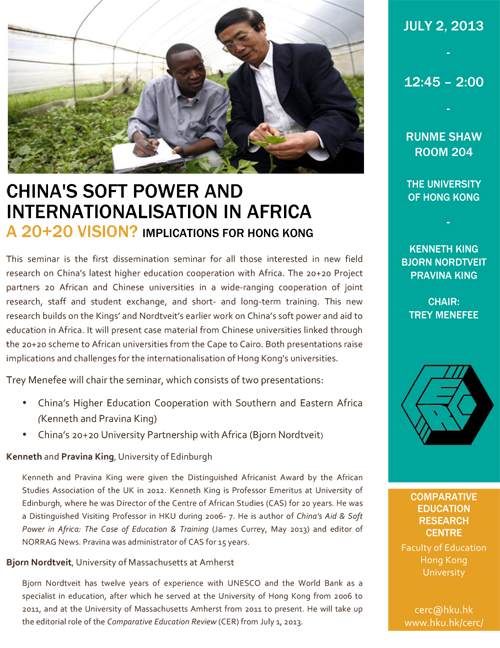
12:45-2:00pm
Tuesday 2 July 2013
204 Runme Shaw Building, HKU Main Campus
Speakers: Kenneth King, Bjorn Nordtveit, and Pravina King
Chair: Trey Menefee
This seminar is the first dissemination seminar for all those interested in new field research on China’s latest higher education cooperation with Africa. The 20+20 Project partners 20 African and Chinese universities in a wide-ranging cooperation of joint research, staff and student exchange, and short- and long-term training. This new research builds on the Kings and Nordtveit’s earlier work on China’s soft power and aid to education in Africa. It will present case material from Chinese universities linked through the 20+20 scheme to African universities from the Cape to Cairo. Both presentations raise implications and challenges for the internationalization of Hong Kong’s universities.
Trey Menefee will chair the seminar, which consists of two presentations:
China’s Higher Education Cooperation with Southern and Eastern Africa (Kenneth and Pravina King)
China’s 20+20 University Partnership with Africa (Bjorn Nordtveit)
Kenneth and Pravina King, University of Edinburgh Kenneth and Pravina King were given the Distinguished Africanist Award by the African Studies Association of the UK in 2012.
Kenneth King is Professor Emeritus at University of Edinburgh, where he was Director of the Centre of African Studies (CAS) for 20 years. He was a Distinguished Visiting Professor in HKU during 2006-7. He is author of China’s Aid &Soft Power in Africa: The Case of Education & Training (James Currey, May 2013) and editor of NORRAG News. Pravina was administrator of CAS for 15 years.
Bjorn Nordtveit, University of Massachusetts at Amherst Bjorn Nordtveit has twelve years of experience with UNESCO and the World Bank as a specialist in education, after which he served at the University of Hong Kong from 2006 to 2011, and at the University of Massachusetts Amherst from 2011 to present. He will take up the editorial role of the Comparative Education Review (CER) from July 1, 2013.
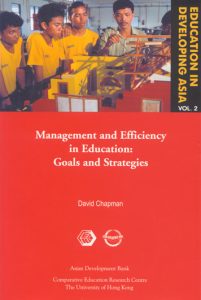


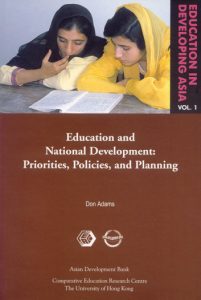 Don Adams
Don Adams

